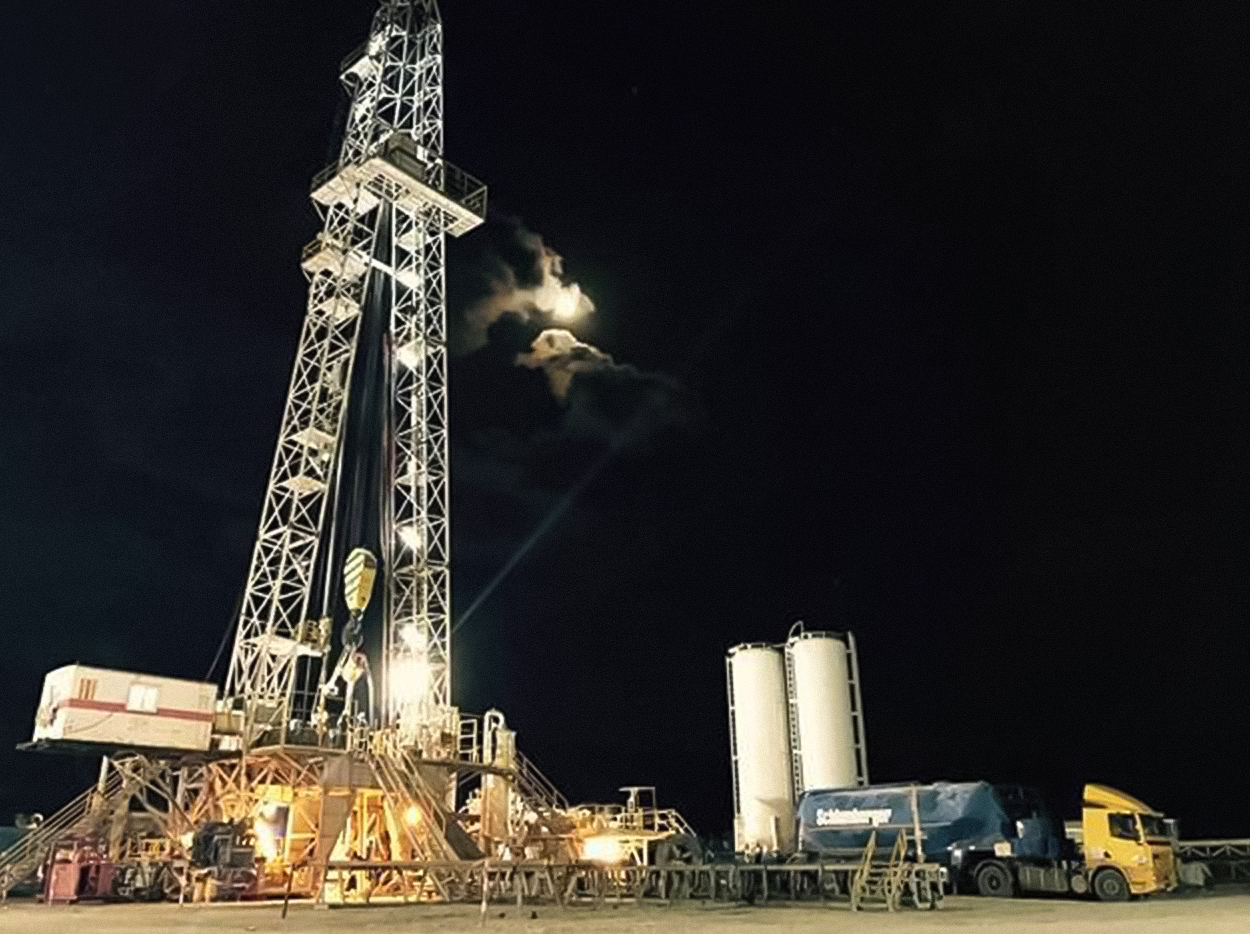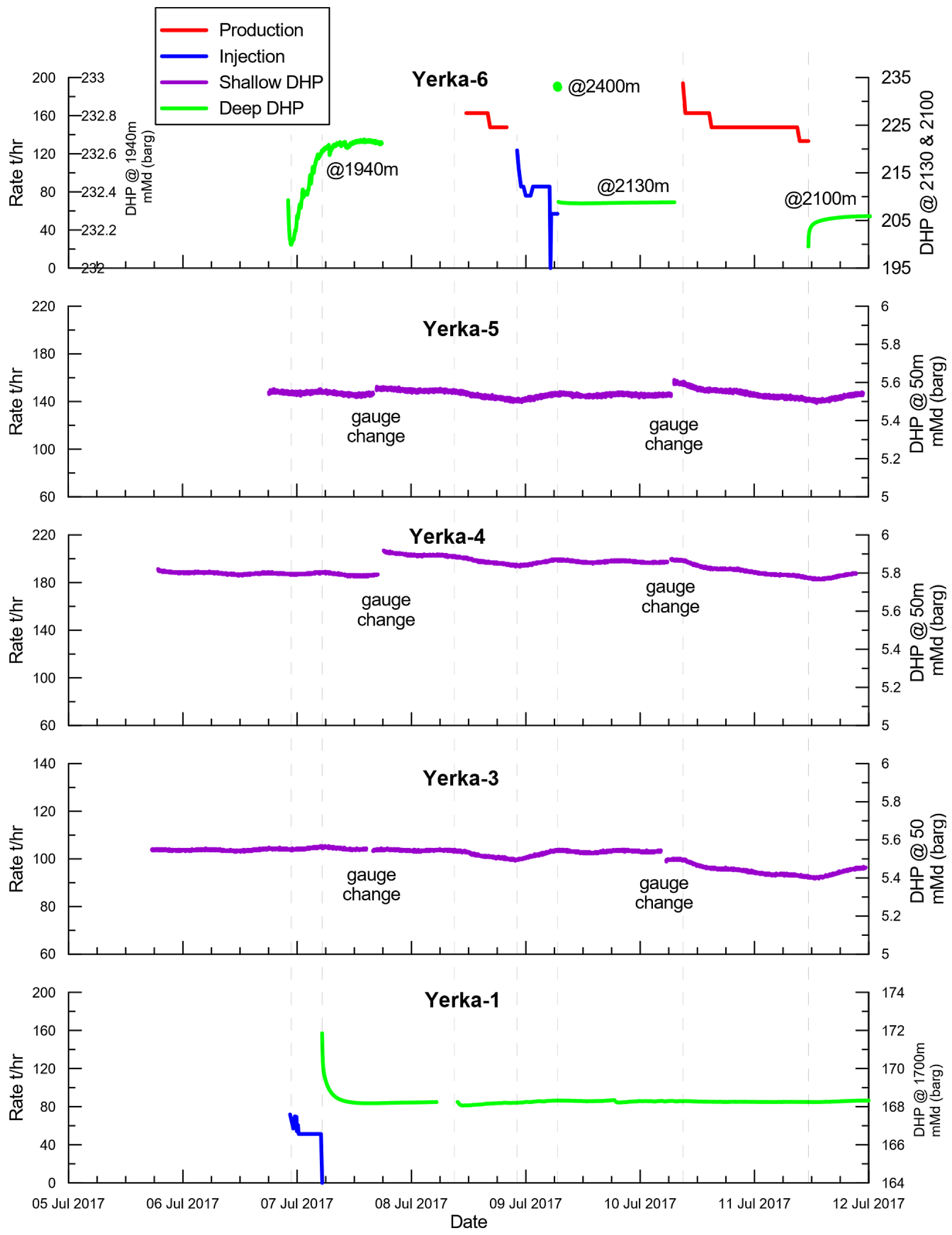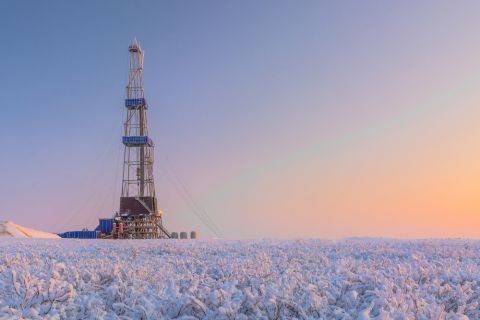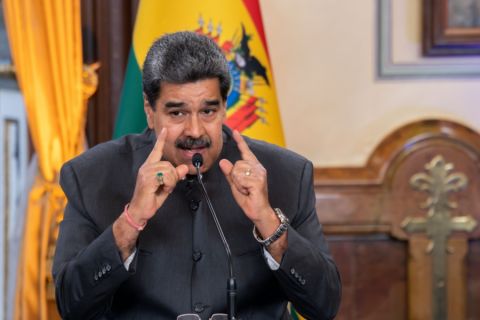Presented by:

Editor's note: This article appears in the new E&P newsletter. Subscribe to the E&P newsletter here.
In recent years, the Turkish government has prioritized energy security as one of the key pillars of its energy strategy. Part of the country’s efforts toward this end involve diversifying its energy mix for electricity generation from renewable sources, including geothermal. While Turkey is rich in this resource, much of its geothermal potential has yet to be developed.
Government support from feed-in-tariffs over the last decade has helped spur the growth of geothermal power in the country. Earlier this year, Turkey’s Renewable Energy Sources Support Mechanism (YEKDEM) extended feed-in-tariffs for geothermal power plants, paving the way for this resource to be a key contributor to the country’s total renewable energy mix over the next decade.
One of Turkey’s latest geothermal projects to reach its commercial operating date is Yerka Electricity Generation Co.’s Mount Ida Geothermal Power Plant (GPP) located near the village of Tuzla in Çanakkale Province. The plant, commissioned in April, generates 12 megawatts electric (MWe), increasing the total installed geothermal capacity in the country to 1.613 gigawatts electric (GWe).
Yerka’s objective for the Mount Ida project was to economically develop the geothermal resources within its license area to add a reliable source of renewable electricity generation to the regional grid. Because this was Yerka’s first geothermal installation, however, it faced several unknowns and chose to seek support from domain experts who could help bring the project online on time and on budget while developing the full capacity of the resource.
In 2015 Yerka began working with GeothermEx, a Schlumberger company and multidisciplinary geothermal consulting and services firm. Over the course of the installation, GeothermEx worked closely with the Yerka team, providing technical support for resource capacity assessment, drilling and well construction, reservoir evaluation and risk characterization, well intervention and stimulation, and operational performance monitoring for artificial lift services.
Geologic overview
Southwestern Turkey is a region of anomalously high heat flow that developed as a result of crustal thinning in an area of tectonic extension of the earth’s crust, in association with continental convergence. The Tuzla area is part of this region, where the regional background temperature gradient is elevated to economic levels; this gradient allows for elevated temperatures to be encountered during drilling, even in the absence of strong hydrothermal convection.
Beneath the tertiary cover in the Tuzla area is a metamorphic basement made up of Paleozoic marbles, schists and ophiolites. Wells drilled in the Mount Ida license show alternating marbles and schists beneath ophiolites to the bottom of the well. In each of Yerka’s wells that encounter basement rock, marbles host the primary zones of fluid production and continue beyond total depth of these wells, indicating that these marbles are sufficiently widespread and thick enough to be targeted for production across the Mount Ida license.
Characterizing the asset
Detailed resource characterization is a crucial first step for any geothermal development. At the start of the Mount Ida project, key features of the geothermal resource were characterized, including the distribution of subsurface temperatures, the characteristics of geological horizons and structures that control fluid flow, and the capacity of the resource. This was essential to determining suitability of the resource for development and defining risks.
Design of the drilling program for the Mount Ida project relied on this clear understanding of subsurface conditions. The detailed planning for drilling and completing the wells was vital for production and injection performance, and therefore the long-term operational stability of the project.
Drilling and testing
Yerka began its drilling campaign in 2016 and has successfully completed eight full-diameter deep wells in the Mount Ida license.

With GeothermEx’s guidance, Yerka conducted two interference tests in 2017 to characterize the interwell connections and overall behavior of the field under production and injection loads. These tests showed that production and injection anywhere in the field were visible as pressure responses in all wells. This indicated that wells in the Mount Ida area are suitably interconnected and injection can be expected to support production reservoir pressures, though the connections between wells were small enough to avoid cooling of production by injection. As an example, the figure below shows the pressure responses from the second interference test, with production and/or injection in Yerka-1 and Yerka-6, and monitoring of downhole pressure in Yerka-3, Yerka-4, and Yerka-5.

Coiled tubing for stimulation and pumped production
All the full-diameter wells drilled in the Mount Ida field were stimulated via acidizing with a coiled-tubing unit (CTU). Based on comparisons of pre- and post-acidizing production capacity, wells have shown marked improvement from this stimulation. Results of acid stimulations via a CTU indicate that each treated well realized a significant increase in measured well productivity or injectivity values, with each well achieving a commercial value of 19 tons/hr-bar or better.
Well survey and test data have indicated that artificial lift is required for each production well to maintain steady production rates and provide a greater measure of operational control. Four of Schlumberger's REDA Hotline high-temperature electric submersible pump systems (ESPs) were installed in October and December 2020. These systems currently produce an average of 260 tons/hr per well at 126 C. The produced fluid is allowed to boil in the column pipe above the ESPs. The ESP design incorporates the use of a downhole scale inhibitor to avoid scaling above the pumps and in the surface facilities.
Results
Individual well capacities were markedly improved by acidizing following initial drilling and completion. Well testing indicated that the project has sufficient production and injection capacity for a geothermal plant with an estimated capacity of 12 MWe gross, exceeding Yerka’s initial capacity expectations of 10 MWe.
Yerka relies on ESPs to achieve the required flow rates for geofluid production, which would not otherwise be possible without pumping. Results of interference and individual well testing confirmed that all wells in the Mount Ida license are hydraulically connected, but the amount of pressure interference between wells is small, indicating good resource suitability for the intended production scenario.
Enabling renewable electricity growth
As Turkey continues to diversify its energy mix for electrical generation from renewable sources, projects such as the Mount Ida GPP will be increasingly valuable to help the country close the gap toward becoming more energy secure.
Every geothermal project faces the challenges implicit to subsurface resource exploration and development. Successful projects require risk characterization and multidisciplinary experienced geoscience and engineering expertise to bring projects online economically and to maintain their productivity over terms of 20 years or more for commercial success.
RELATED CONTENT:
May 18, 2021 Offshore Oil Players Navigate Energy Transition
April 15, 2021 Can the World Reach Net-Zero Emissions by 2050?
March 30, 2021 Geothermal Could Be Game-Changer for Texas Energy Production
March 16, 2021 Total, Iberdrola CEOs Discuss Renewables in New Energy Landscape
March 2, 2021 Chevron Backs Geothermal Power Developer for California Pilot Project
Oct. 20, 2020 CGG Delivers Global Geothermal Resource Study for Energy Major
Aug. 28, 2020 Schlumberger, Thermal Energy Partners Form Geothermal Company STEP Energy
Recommended Reading
Biden Administration Criticized for Limits to Arctic Oil, Gas Drilling
2024-04-19 - The Bureau of Land Management is limiting new oil and gas leasing in the Arctic and also shut down a road proposal for industrial mining purposes.
Exclusive: The Politics, Realities and Benefits of Natural Gas
2024-04-19 - Replacing just 5% of coal-fired power plants with U.S. LNG — even at average methane and greenhouse-gas emissions intensity — could reduce energy sector emissions by 30% globally, says Chris Treanor, PAGE Coalition executive director.
FERC Again Approves TC Energy Pipeline Expansion in Northwest US
2024-04-19 - The Federal Energy Regulatory Commission shot down opposition by environmental groups and states to stay TC Energy’s $75 million project.
US Orders Most Companies to Wind Down Operations in Venezuela by May
2024-04-17 - The U.S. Office of Foreign Assets Control issued a new license related to Venezuela that gives companies until the end of May to wind down operations following a lack of progress on national elections.




